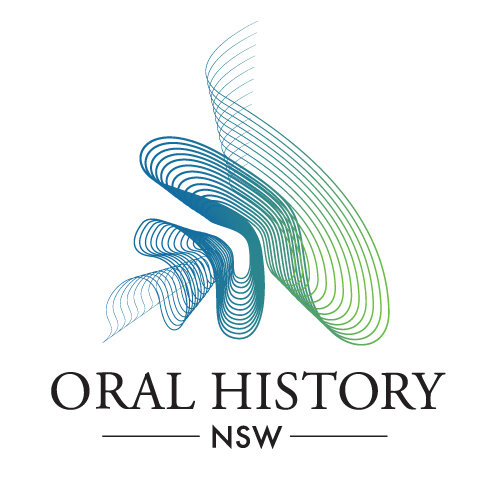guidelines
ETHICS
Ethics are an important part of conducting oral history interviews. They ensure that the rights of the interviewee are always respected, as well as clearly stating the objectives of the organisation or person undertaking the interview. This requires the interviewee to clearly understand why they have been selected, why the interview is taking place, their rights (including copyright), and how the interview will be used, stored and accessed by others.
forms
Oral historians need to understand their own rights; and to ensure that interviewees are briefed to give informed consent when they sign a conditions of use or release agreement.
COPYRIGHT
The rules governing copyright are constantly changing. To ensure you have the most up-to-date information, regularly check with the Australian Copyright Council and relevant agencies such as the Arts Law Centre of Australia.
Read more about Understanding Copyright.
This resource provides links to Australian agencies with further information on a variety of topics that may pertain to oral history and sound recordings. Oral History NSW is unable to provide legal advice or interpretation regarding Australian laws, and strongly recommends seeking professional legal advice for these matters.
A range of reference titles including Historians & Copyright is available from the Australian Copyright Council online bookstore.
Oral History NSW is unable to provide legal advice or interpretation regarding Australian laws, we recommend seeking professional legal advice for these matters.
templates for documentation
Compiling appropriate documentation for each oral history interview is essential.
An interview summary checklist will help you record the information required for placement of your interviews in any library or other public archive. As photographs and images are frequently integral to oral history interviews, this checklist offers prompts for the documentation of technical data relating to both sound and image files. By presenting this comprehensive documentation you will be assisting in preserving your sound recording in long term storage/archives and helping future researchers to access the interview for a variety of purposes.
Interviewers may choose to provide an interviewee information sheet to the interviewee for completion before the interview. Adjust the questions in the template below so they meet your requirements.
For further information: see the Oral History Handbook (2013) by Beth Robertson, published by the Oral History Association of Australia SA. This offers a wealth of practical advice and is recommended as a basic handbook for all oral historians.

